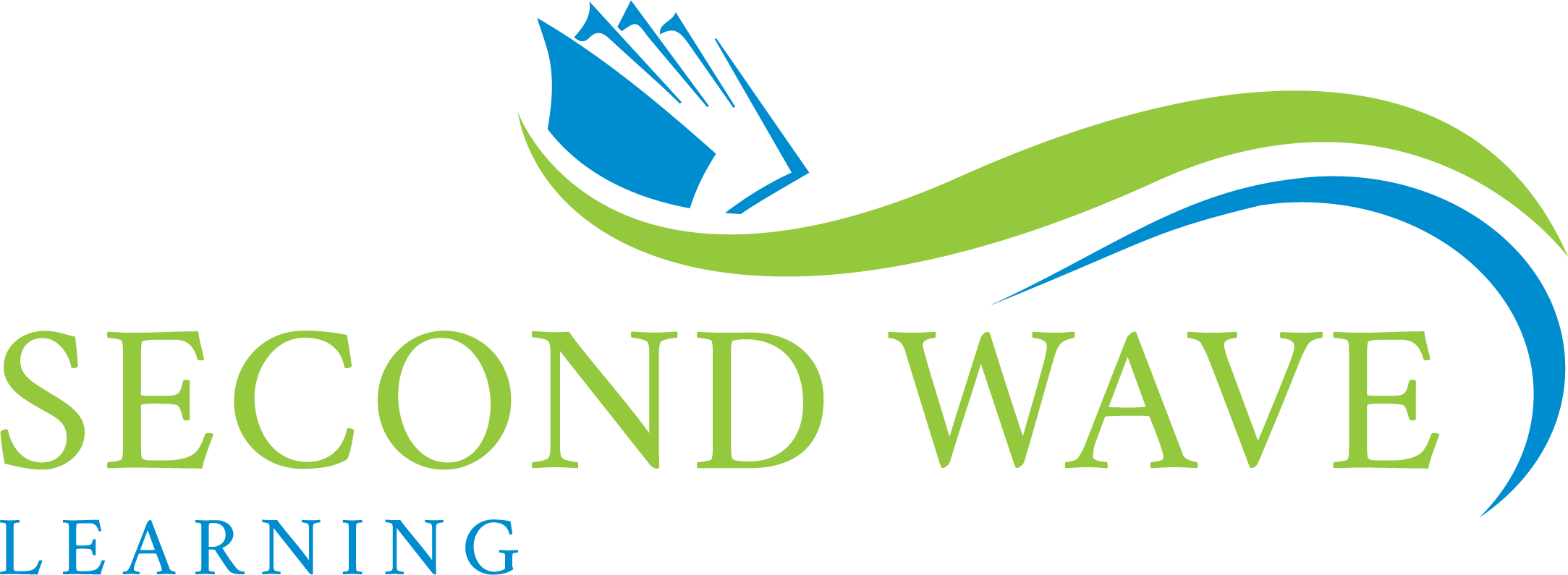January 2024
Busyness, rather than leisure, has become the new status symbol in the U.S., with Americans now associating long working hours with higher status due to perceptions of competence and demand. This trend reflects changes in social class, work dynamics, and public values – it also suggests a societal need to reevaluate what work-life balance really looks like, and encourage a healthier approach to both productivity and relaxation. (The Atlantic)
Despite its merits, remote work may fall short in sparking the collaborative creativity essential for significant innovations, particularly in scientific and technological fields. Organizations may want to consider creating opportunities for in-person brainstorming sessions, even in a predominantly remote work environment, to better foster breakthrough ideas and maintain a competitive edge. (Business Insider)
A recent Korean study found a strong correlation between long commute travel times (those over an hour) and experiencing depressive symptoms – particularly among unmarried men and lower-income women. Flexible working arrangements and support for healthier transit alternatives are among the options that employers can explore to help mitigate the adverse effects of longer commutes. (Journal of Transport & Health)
Hybrid work is on track to replace both fully in-person and fully remote work in white-collar environments – the challenge now lies in identifying and implementing the hybrid model that best fits each workplace. Business leaders should aim to define clear hybrid work policies that leverage the strengths of both models, while taking into account any challenges or benefits specific to their industry and their employees. (CNBC)
Analysis of U.S. job ads reveals a significant and growing divide in remote work opportunities (favoring higher-paid and more educated workers), which raises concerns about fairness and morale among front-line staff. Companies could address this disparity by aligning their work arrangements with those of their front-line teams, or offering other forms of flexibility, such as a four-day workweek or less rigid scheduling. (Harvard Business Review)
When it comes to traditional work hours, Millennials in particular find a 9 a.m start time to be too early, with 24% preferring to begin work later compared to only 15% of Gen Z, 11% of Gen X, and 2% of Boomers and Silent. To attract and retain talent across generations (and stages of life), businesses could explore more flexible scheduling options that respect individual preferences and work-life balance. (NewsWeek)
A holistic look at recent promotions and workplace advancement trends suggests the need for better advocacy and negotiation skills among employees, as well as more proactive career development support from managers. Organizations looking to boost engagement and reduce employee churn should encourage open discussions about career growth and ensure that employees feel empowered to negotiate for deserved promotions and raises. (Worklife)
Hybrid and remote work poses unique challenges for career development among younger generations, and may exacerbate existing disparities in mentorship for women and people of color. Creating more structured and inclusive coaching programs (potentially by leveraging technology to facilitate remote connections and support diverse career paths) would be helpful for newer employees, while also enriching the mentorship experience for more seasoned workers. (FastCompany)
